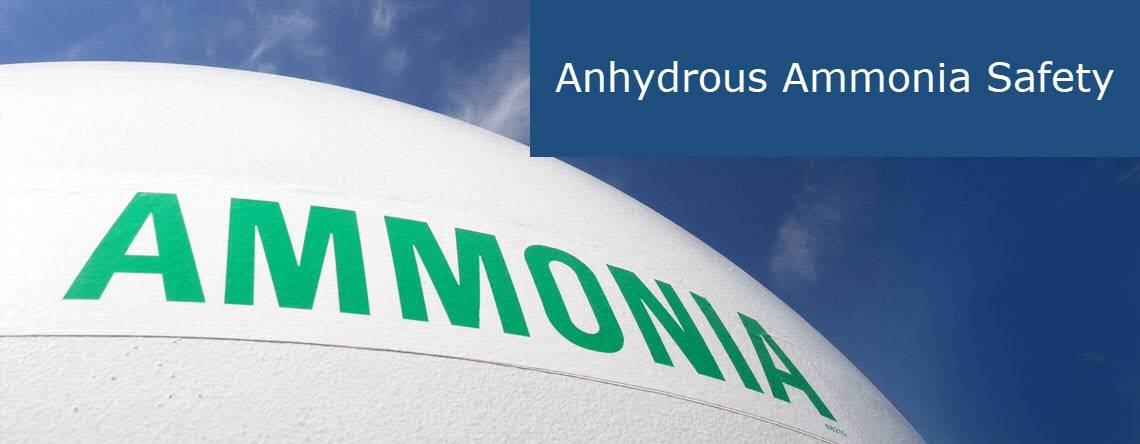
As the post-harvest season approaches, farmers and custom applicators preparing to use anhydrous ammonia (NH3) must prioritize safety above all else. Previous accidents involving NH3 have underscored the severe dangers associated with improper handling of this fertilizer. Safety experts provide vital guidelines for farmers, fertilizer dealers, and custom applicators to guarantee safe NH3 field applications.
- Protective Gear: Always don NH3-rated goggles and gloves, and never wear contact lenses while handling NH3.
- Emergency Water Supply: Maintain a readily accessible emergency water supply of at least 5 gallons.
- Caution with Connections: Treat NH3 transfer lines with utmost care, assuming they always contain NH3 when making connections or disconnections.
- Wind Awareness: When working with NH3, position yourself upwind during connections, disconnections, bleeding lines, or transfers. Please ensure that valves and transfer lines are securely closed and disconnected during breaks, and handle hose end valves by the valve body.
- Safe Equipment Positioning: Keep NH3 equipment away from homes, people, and livestock, positioning it downwind to reduce risks.
Safety remains paramount for individuals responsible for NH3 equipment maintenance, managing NH3 storage facilities, and transporting NH3. Additional safety precautions encompass:
- Line Verification: Never assume that NH3 lines are empty; always wear the necessary protective safety equipment.
- Emergency Water: NH3 storage facilities must have at least one open-top container holding 150 gallons of clean, accessible water or an emergency shower with a plumbed eyewash. Additionally, a 5-gallon container of clean water must accompany NH3 nurse tanks.
- Prudent Towing: When towing a nurse tank, observe a maximum speed of 30 miles per hour, display a slow-moving vehicle (SVM) emblem, and secure the tank with two separate, independent chains.
In case of accidents or spills, promptly seek medical attention, dial 911 immediately, and subsequently contact the local emergency officials. Remember that fall NH3 applications should only be conducted when soil temperatures reach 50 degrees F or cooler to optimize nitrogen retention for the upcoming crop season.
Remember, CAAR saves you time and money with exclusive training programs, specifically catering to the needs of the agri-retailer. Explore CAAR’s courses on the website.
Training is available online, and many courses have an in-person training option. CAAR members can log in with their caar.org username and password to access member pricing!
For bulk training requests, please contact Maikka Manacsa, Administrative Operations Manager, at maikka@caar.org.

